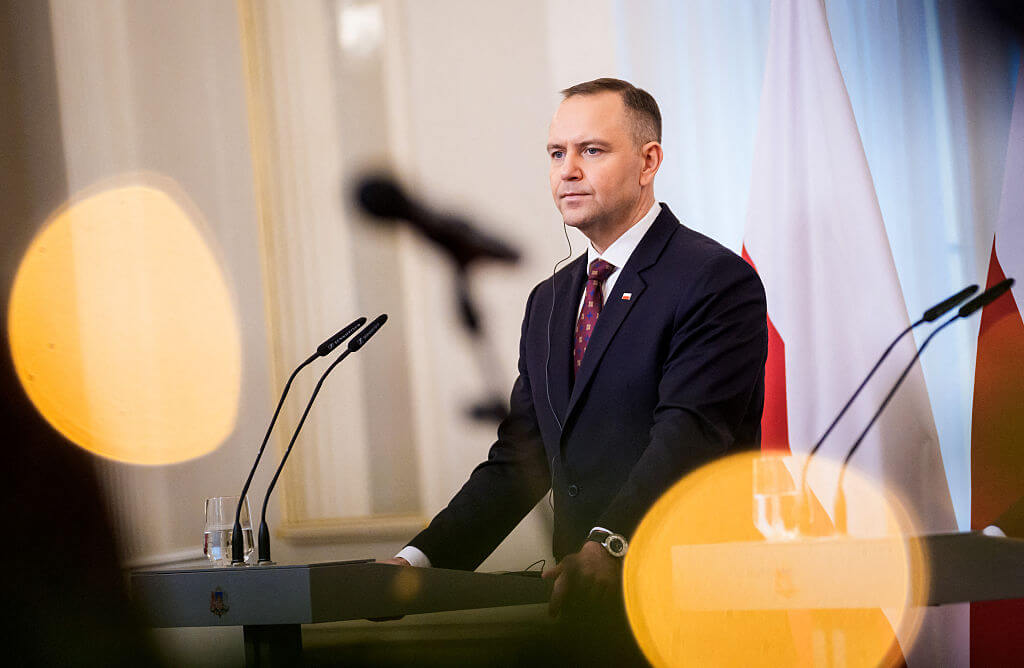The New Chancellor
With the installation this week of Arnold Eisen as its seventh chancellor, the 120-year-old Jewish Theological Seminary of America is poised at an unusual moment in the life of a historic institution. The seminary is being offered a rare opportunity to re-imagine itself and the larger Conservative Jewish movement that it leads — and in the process, perhaps, to redefine the contours of the American Jewish community as a whole.
That may sound like a large burden to place on one man’s shoulders, but the burden is inescapable. One way or another, Eisen’s actions in the coming years will go a long way toward determining the future shape of American Judaism, for better or worse.
The calculus is starkly simple. Through much of the past century, Conservative Judaism was the center of the American Jewish religious spectrum. This was so not merely because of Conservatism’s package of ideas and practices, which placed it somewhere midway between Orthodoxy and Reform. More important, Conservative Judaism was the broad middle ground that bound the other two streams, the bridge that connected them and made them one. It was the vital center of American Judaism.
Over the past generation, Conservative Judaism has been in slow but steady decline, losing its place as the largest wing of American Judaism and as the pivotal center of the larger Jewish discussion. During that same generation, as the movements to the left and right have gained ground, community life has been marked by steadily growing polarization and internal strife — at once a cause and a result of the Conservative decline.
Polarization, the disappearance of the vital center in public discourse, is not unique to American Judaism. The case of Conservative Judaism is distinct, however, because the movement has, to a large extent, deliberately abandoned its role as the community’s broad middle.
Sensing a malaise in its ranks, the Conservative leadership has elected to return to its theological roots and try to restore its intellectual purity. Alas, purity was the last thing that Conservatism — or American Jews — needed at this juncture.
Historically, Conservative Judaism offered two things that made it essential to American Jewry. First, its rabbis developed a theology of tolerant, malleable traditionalism, proudly compromising between opposing extremes, affirming Torah and commandments while embracing the possibility of change. Second, its congregations welcomed Jews without judging them, opening the doors of the Conservative movement to become a home and incubator of American Jewish folk-culture.
In recent years, however, sensing decline, the movement’s rabbis and leaders have sought to raise the flag of ideology — adherence to Torah and commandments — and called on their congregants to choose sides. It should be no surprise that many preferred to leave.
To a great degree, Conservative Judaism lost its role as the broad middle of American Jewry because it no longer wanted it. And all of us — Orthodox, Reform, Reconstructionist, secular and none-of-the-above, as well as Conservative — are the poorer for it.
It is not too late for Conservative Judaism to recapture the broad, welcoming spirit of its greatest years, what founding father Solomon Schechter called “catholic Israel,” and to reassert its role as the glue that holds American Jewry together. Yes, the hour is late. A leadership is needed that understands the changing folkways of American Jews and the complexities of evolving Jewish identity. It’s a tall task.
Still, few understand those things better than Arnold Eisen. We wish him success in his new mission, for all our sakes.















